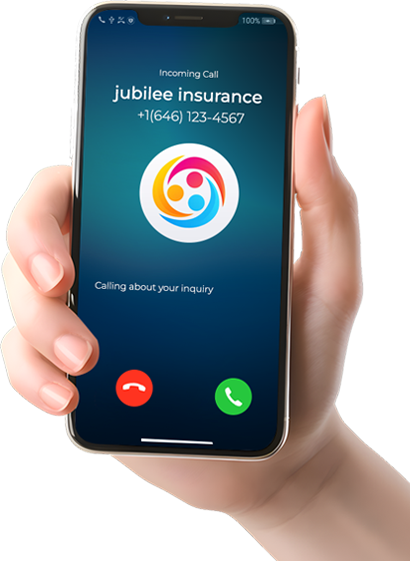
Increasing Connectivity by 20%

Many different businesses across a wide variety of industries are struggling. However, the call centre industry has continued to grow. With the ability for agents to work from home, many call centres have continued without interruption. In fact, due to the number of people working from home data sets have seen a greater return on investment.
In this blog, we will look at how call centres can adapt to working from home during the coronavirus.
It’s easy to transition agents from the office to their homes. Most predictive diallers such as Primo Diallers are based in the cloud.
The only hardware they need is a headset and a computer. Most people have access to a computer or laptop already. They will also need access to the internet (again most people have access).
If they don’t have the hardware, if the equipment in the call centre is not in use it can be transported to the agent.
The next step is to download a softphone and ask your manager for the relevant credentials to log in.
Away they go!
Managers may feel call centre agents might not be productive as they would be if they were in the office. However, this is a myth and could actually benefit agents due to reduced travel times and costs. As they say, ‘Happy people sell’.
As agents aren’t in the call centre to be monitored, reporting becomes even more important. Here managers can assess performance levels and compare them to  results when agents operated on the premises. Any drops can signify causes for concern and potential video meetings to discuss.
results when agents operated on the premises. Any drops can signify causes for concern and potential video meetings to discuss.
As there are more distractions at home, paying people by talk time could be a benefit call centres and agents. Things such as childcare could mean that an agent isn’t available their usual working patterns. They could log in when they can and still earn a living.
To keep in touch with your employees and let them know they are valued, arrange online meetings. This allows employees to discuss any issues they are facing or discuss their performance.
Having regular online meetings can boost mental health and reduce the feeling of loneliness.
Apps such as Skype or Zoom video.
Keep track of employees effort by analysing calls. Listen in to see if there are any distractions, call quality issues or background noise.
Feedback to agents to let them know they are being monitored and not to get distracted.
This can help give managers peace of mind that agents are taking working from home seriously and call handling quality remains high.
We previously wrote a blog about ‘How remote working could be the future of call centres‘, this blog shares further information on agents working from home.
If any of our clients need help working from home please get in touch with us using our contact page. https://primodialler.com/contact-us/






Catch up on the latest feature updates, news, and announcements.